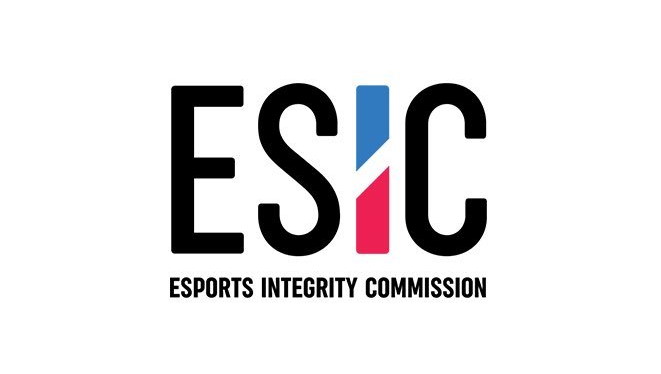Esports commission confirms FBI is investigating match fixing but says it’s ‘not new’
The esports regulatory body ESIC clarified that its collaboration with the FBI is ‘something we've always been doing.’

It's been a busy half-year for the Esports Integrity Commission, a regulatory body formed in 2016 to combat cheating in professional esports. In September 2020 it suspended three CS:GO coaches for taking advantage of a spectating bug and launched a major investigation into others. 37 more coaches were sanctioned just a few weeks later. In October, seven players in MDL Australia were suspended for betting on matches, and just as with the coaches, a second, bigger wave of player suspensions followed in January 2021.
Through all of that the ESIC has also been investigating allegations of match fixing in MDL Australia and North America which date back to at least early 2019. This is taking longer to conclude, the ESIC explained in a September 2020 update, because the matter is much more serious.
"Investigations into match-fixing are complex and require significant cooperation between a variety of international stakeholders comprising of betting operators, government bodies, law enforcement agencies, and industry stakeholders,” it said. "Accordingly, as complexities are often not immediately resolvable, investigations into this sort of fraudulent activity take significant time, effort and resources to complete in an appropriate manner."
In fact, while cheating in esports might come off as little more than bored kids horsing around at first glance, ESIC commissioner Ian Smith said in a recent YouTube interview with slash32 that it's serious enough for the FBI—yes, that FBI—to be involved.
There are "two distinct elements" to ESIC's investigation, Smith said. For the first, focusing on Australian teams and players, it has "really good corroborating evidence from Discord, from various chat logs, screenshots, and recordings of players that we are going to ban for a very very long time." The second element, however, involves "a relatively small but significant group of players" who have been taking part in a more organized campaign of match-fixing in the ESEA's MDL North America division.
"In North America it's much more serious—what I would describe as classic match-fixing," Smith said. "In other words, it's players being bribed by outside betting syndicates in order to fix matches, rather than players just kind of doing it off their own backs, opportunistically."
"And it's been going on for longer, it's much more organized, and again to some extent we're working with law enforcement, with the FBI, who only recently have had a sports betting investigative unit within the FBI. So they're quite—they're good, but they're inexperienced, because sports betting has never been a big thing in America until recently. And so everybody's kind of finding their feet on that one."
Keep up to date with the most important stories and the best deals, as picked by the PC Gamer team.
I have to assume that Smith meant "esports betting" when he was talking about the FBI's lack of experience in the field: He conflates “sports betting” and “esports betting” at other spots in the interview, and said a bit later in the segment that the FBI's first attendance at an Interpol conference on betting and match-fixing in esports took place in December 2019: "That would have been their first encounter with esports."
In a follow-up email to PC Gamer, the ESIC confirmed that it is working with the FBI, but clarified that it's not actually a new collaboration.
"We have strong connections with law enforcement internationally. We frequently work with agencies like the FBI, Interpol, Australian Federal Police (or VicPol, NSWPol, etc.)," an ESIC rep said. "Our collaboration with the FBI is not new, but something we've always been doing. It just hasn't been the subject of attention before."
The rep did not clarify the exact nature or extent of the FBI's involvement in the investigation, or when it hopes to complete its investigation. Smith said in the slash32 interview that he expects to go public with results of the Australia side of the investigation soon, however: "The first part we'll deal with quite quickly, because we're dealing with idiots basically."

Andy has been gaming on PCs from the very beginning, starting as a youngster with text adventures and primitive action games on a cassette-based TRS80. From there he graduated to the glory days of Sierra Online adventures and Microprose sims, ran a local BBS, learned how to build PCs, and developed a longstanding love of RPGs, immersive sims, and shooters. He began writing videogame news in 2007 for The Escapist and somehow managed to avoid getting fired until 2014, when he joined the storied ranks of PC Gamer. He covers all aspects of the industry, from new game announcements and patch notes to legal disputes, Twitch beefs, esports, and Henry Cavill. Lots of Henry Cavill.


